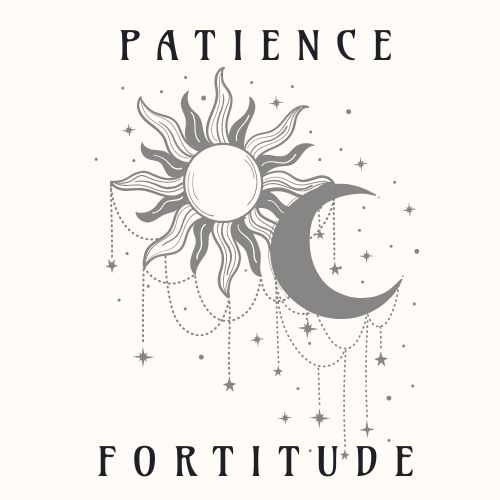We all want the Happy Ending, no matter how unlikely. I am still looking for it, and in the meantime, I own boxes and boxes of my parents’ keepsakes that I do not know what to do with. They were a unique sort of pack rats, keeping documents more than things, so I have my father’s entire military career documented all the way back to World War II (carbon paper! It is not an urban myth!) and all of their tax returns. Yes, all of their tax returns. From the 1950s on up. No denying it is a daunting legacy [3] and that does not particularly make me happy. It also feels quite endless, whenever I am sorting through it!
There is, of course, always an ending though – every life ends, because everybody dies. No one is particularly happy about that, so what makes a “Happy Ending”, then?
When a story ends, the implication is that the characters live on. Even a “Happy Ending” presupposes not that everyone actually ends (dies), but that they continue on contentedly for the rest of their lives. “The End” means the end of the story, not the end of life, and so a happy ending is one where the characters living blessed and personally fulfilling lives. Similarly, in real life, we tend to break parts of our lives in to disparate stories: the high school years, the college years, the newlywed years, the parental years, the retirement years, etc. Things go wrong when we cannot end one story and move on to the next; everyone has the friend who never left their glory years of high school or college, forever bemoaning the loss of their youth and how miserable their life is comparatively. It can become a dangerous pastime to get stuck at the “The End”, and not move on to “In the beginning…” In my case, it was catastrophic.
I spent a long time living at The End of “My Family”, figuring there was nothing for me past surviving that particular story. I decided that my parents’ deaths were my own ending, and that the best I could do was simply survive, happiness be damned. I hoped that eventually I would move past the worst pangs of grief but I did not understand that happiness is not the absence of misery, it is its own tangible thing that must be cultivated and pursued. It can be gifted upon you, but never demanded, and it is most easily crushed by indifference.
The result is that when I finally started unraveling over ten years later, the worst part was not how much I missed my parents but how much I missed me. I was barely a person, nothing I would recognize as myself. Physically, I was unhealthy and out of shape and not eating nutritiously. I had shuffled through convenient but uninspiring career options, leading me in turn to shuffle through a series of dead-end (at least for me) jobs. Socially, I hid in a marriage that was comfortable and friendly but in many ways loveless, physically and emotionally. I got up and lived from day to day with no purpose or sense of self-worth.
Obviously, I was not happy either.
What took me a while to figure out, amidst many other issues completely unrelated to my grief process, is that being happy is the goal, but not an end. It is something I have to address every day, one way or another, much as I have to face my grief. Avoiding either leads to even bigger problems. I certainly do not have all the answers I need and probably never will, but most days, I am genuinely happy. My “happy ending” is waking up every day remembering who I am, who my parents were, and where I want to go with my life. It is being able to write this book without falling apart.
In a way, I guess I would say that my “Happy Ending” is simply a perpetual state of “In the beginning…”
~Fin~
(This represents to end of the book, as I have posted it in sections. You can always download the book for free as a PDF here at my website, or visit Smashwords and buy it for 99 cents in several different ebook formats!)
